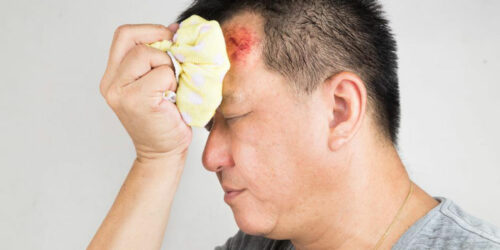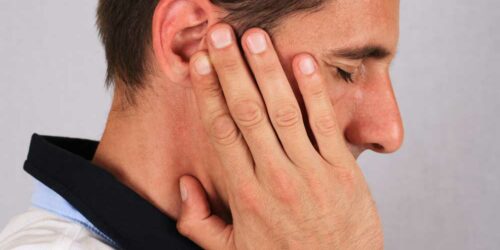
How to choose the right doctor
A doctor-patient bond is one of the most important non-personal relationship that can exist. So, while you are choosing a doctor, you must ensure that your doctor is someone you can completely trust. It’s natural to feel confused when you have to pick a doctor because you are putting the responsibility for your health on them.
Read More 



